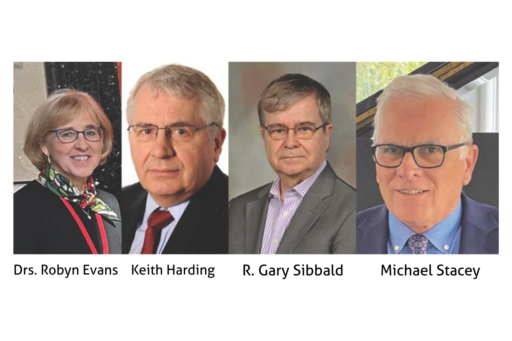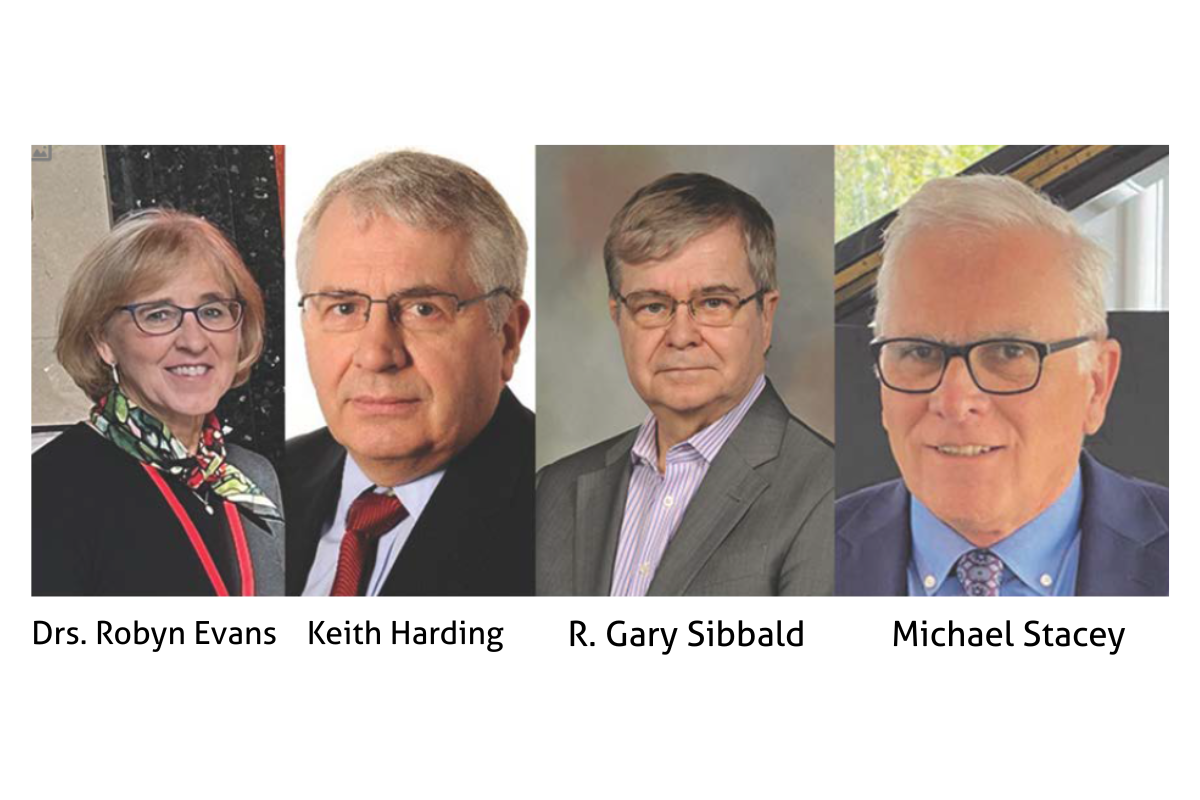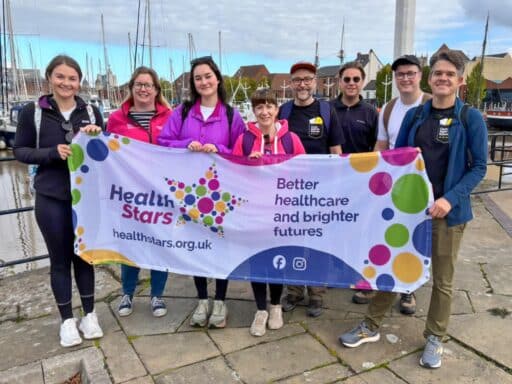Wound care specialists from across Canada recently came together for an educational session featuring four of the world’s most respected authorities in wound care: Drs. Robyn Evans, Keith Harding, R. Gary Sibbald, and Michael Stacey. The event focused on emerging clinical data supporting the use of the geko® device in treating chronic wounds, including venous leg ulcers.
The session highlighted the latest evidence and clinical experience showing how neuromuscular electrostimulation can boost blood flow, accelerate wound healing, and ease pressures on healthcare systems. A key point of discussion was the Canadian Consensus Statement for the Management of Venous Leg Ulcers, now endorsed by Nurses Specialising in Wound, Ostomy and Continence Canada, and the Canadian Home Care Association.
Clinical evidence presented during the session suggests that the geko® device can help shorten healing times, reduce the use of wound care supplies, and improve patient comfort. These findings are attracting significant interest among wound care teams in both hospital and community settings, particularly as services face ongoing resource constraints and workforce challenges.
“This was a valuable opportunity to hear from global leaders who have each played a pivotal role in advancing wound care research and practice,” said Geoff Fournie, General Manager of Perfuse Medtec Inc., the Ontario-based company responsible for distributing the geko® device in Canada.
Dr Michael Stacey, session moderator and Founder of the World Union of Wound Healing Societies, added: “The evidence continues to evolve, and the data now clearly supports the use of neuromuscular electrostimulation as a safe and effective adjunct to traditional therapies.”
Chronic wounds such as venous leg ulcers (VLUs) and diabetic foot ulcers pose a significant and growing clinical challenge across Canada. Beyond their physical toll on patients, these wounds contribute heavily to healthcare costs due to frequent dressing changes, hospital readmissions, and community nursing needs. Consequently, innovative therapies that can speed up recovery and reduce long-term care burdens are gaining momentum.
Discussions during the event underscored the increasing importance of innovative, non-invasive technologies in promoting faster, more effective wound healing across healthcare settings. Experts agreed that progress will depend on sustained clinician education, ongoing real-world evidence gathering, and strong collaboration between innovators and health authorities.
As healthcare systems worldwide continue striving for greater efficiency, reduced hospital admissions, and better patient outcomes, wearable devices such as the geko® are poised to become central to the evolution of wound management. For access to the event video, please contact: [email protected]







